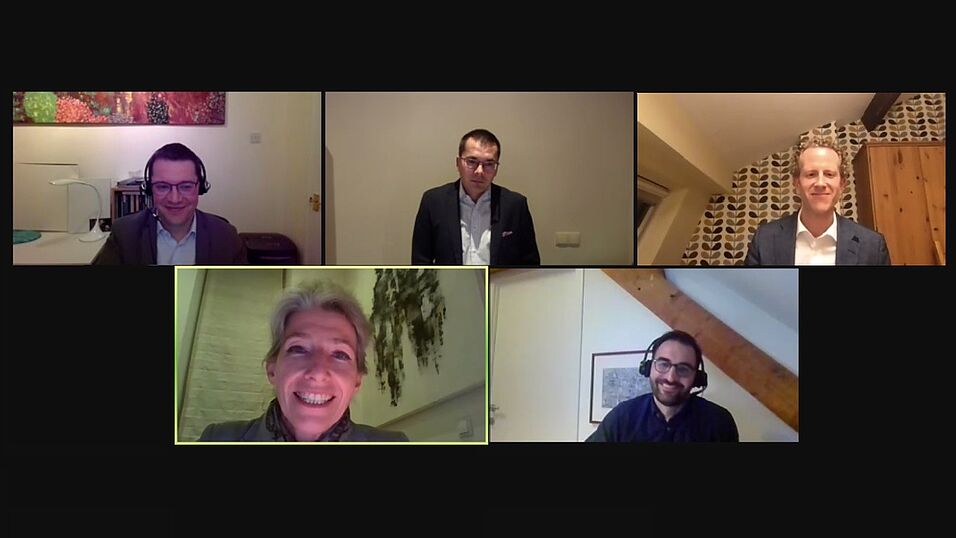The first ELI webinar in 2021 was based on the recently published ELI Innovation Paper on Guiding Principles for Updating the Product Liability Directive for the Digital Age and brought together over 130 ELI Members and friends from over 30 countries.
ELI President and Chair of the webinar, Christiane Wendehorst, emphasised that the topic ELI chose for its first Innovation Paper is the one that the ELI believes is key to some of the current discussions on (liability for) artificial intelligence and other digital technologies.
Christian Twigg-Flesner (Professor, University of Warwick; Author of the Innovation Paper) highlighted the importance of the feedback received from the ELI Membership during the process of elaborating the Innovation Paper, which was prepared in several stages and ultimately approved by the ELI Council. The Innovation Paper aims to introduce a number of ideas and help shape the discussion needed in order to modernise the Directive. He then went on to present the ten Guiding Principles, which among other things address the need to make compensation for persons suffering harm from a defective product easier and the need to strike a balance between protection of individuals on the one hand and fostering innovation and utilisation of digital technology on the other.
Piotr Machnikowski (Professor, University of Wrocław; member of the Litigation and Arbitration practice in Dentons' Warsaw office) explained the background of the Product Liability Directive and discussed whether digital products are similar to traditional products in terms of liability. While in principle the strict liability of the producer for the defect of the product should continue applying, he questioned whether this holds true for intangible goods, among other things. He also addressed the issue of autonomy of devices.
Agustin Reyna (Director, Legal and Economic Affairs, The European Consumer Organisation (BEUC)) provided the analysis from the consumer protection perspective, pointing out the need for a clear liability framework and stressing the importance of having an integrated and multifaceted approach when regulating liability. Any revision of the Product Liability Directive should take into account other relevant (upcoming) legislation, including the General Product Safety Directive and Digital Services Act.
Mark Beamish (Legal and Policy Officer, Directorate-General for Internal Market, Industry, Entrepreneurship and SMEs, European Commission) provided information on policy developments regarding the Product Liability Directive, which was last evaluated in 2018. So far, no decision on the revision of the Directive has been taken. He then shared his personal views on the Directive and Guiding Principles, emphasising that he can see a certain rationale for its refresh to bring it up to date with digital technologies and modern technological production and supply chains, with a view to ensure continuous protection of consumers.
A lively discussion with attendees followed, during which the distinction between liability for (digital) services and products, the issue of liability in case of open source software development as well as the role of insurance in the whole picture were addressed, among other things.
The webinar recording is available below.
The PowerPoint presentation from the event is available here:

